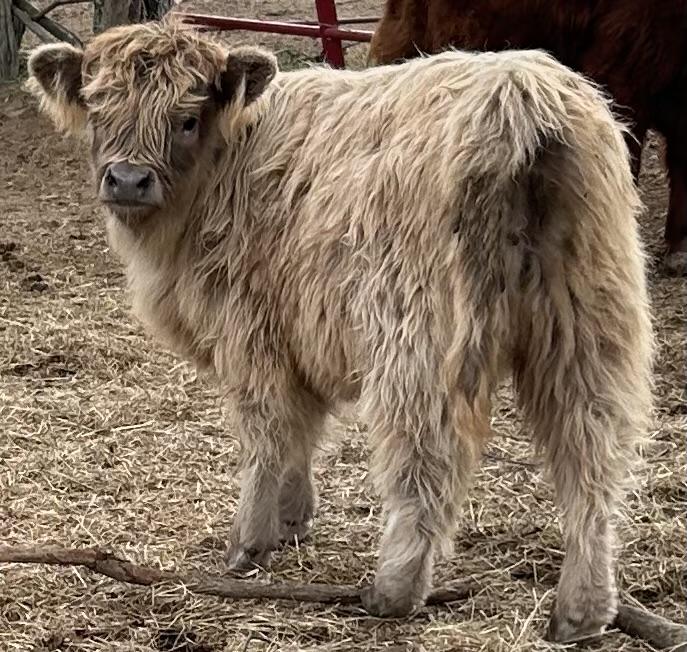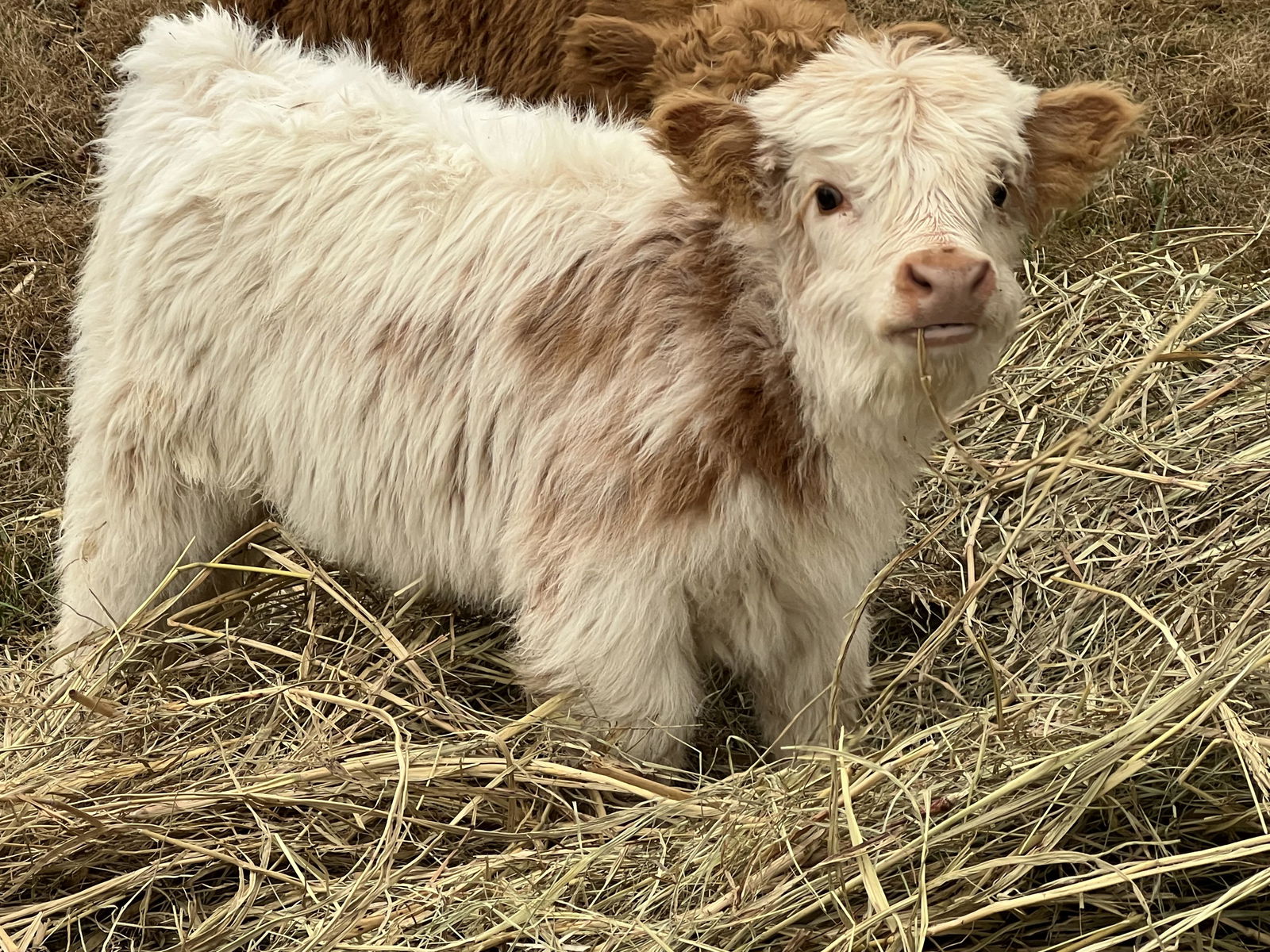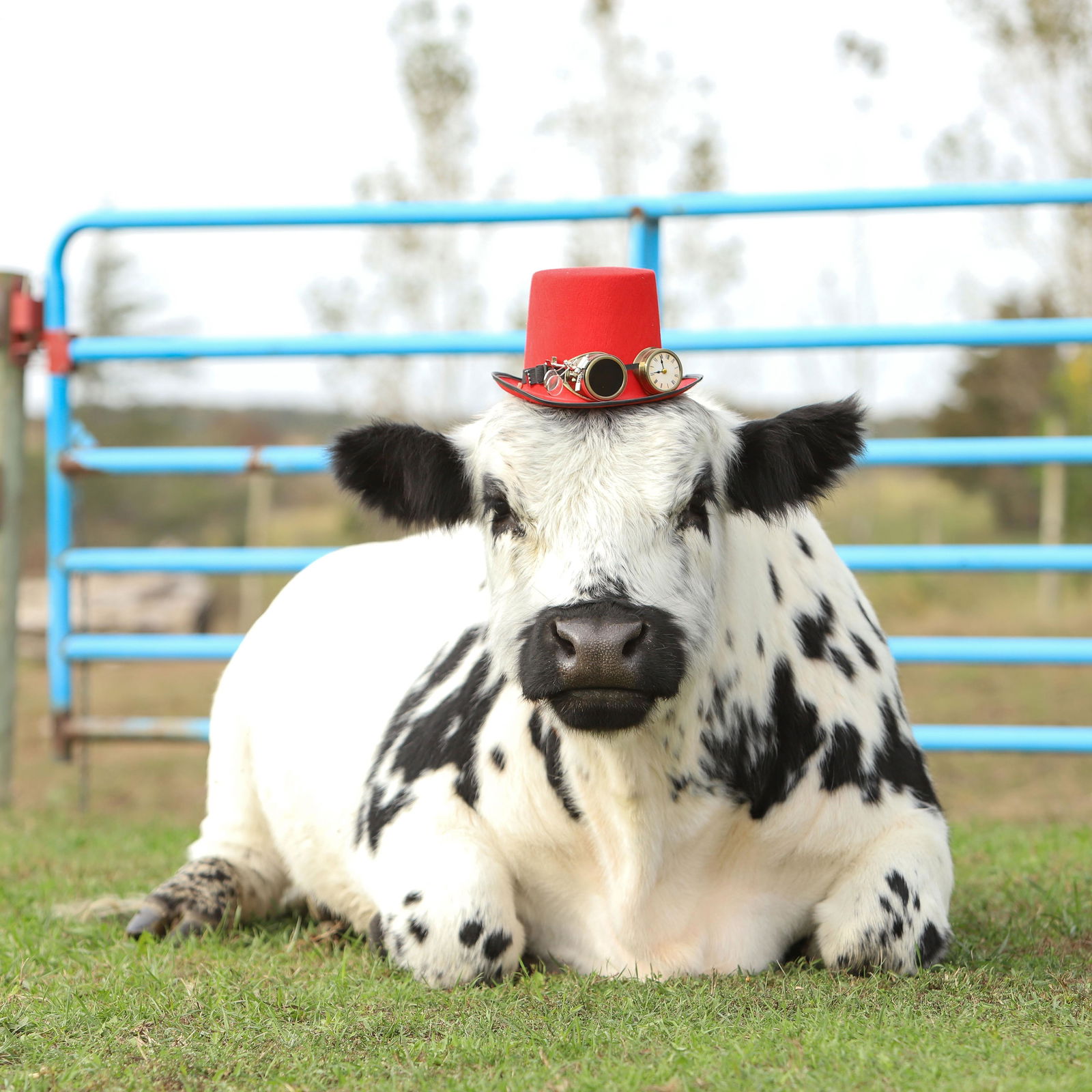
Mini Donkey Care: Tips for Keeping Your Donkey Happy and Healthy
Author: Elliott Garber, DVM
Ever dreamed of having an adorably tiny equine companion in your backyard? Mini donkeys are capturing hearts across America with their compact size and lovable personalities. Standing just 36 inches tall at the shoulder, these pint-sized friends offer all the charm of their larger relatives in a more manageable package.
While they’re easier to care for than full-sized horses, these little companions still need proper attention and care to thrive. The good news? Their social nature and gentle demeanor make them fantastic pets for anyone with enough space and time to meet their needs.
What Is a Mini Donkey?
Originally from Sicily and Sardinia, mini donkeys (officially called Miniature Mediterranean Donkeys) are the perfect size for small farms and residential properties. Males typically stand 32-36 inches tall and weigh 250-350 pounds, while females are slightly smaller at 30-34 inches and 200-300 pounds. Both genders can live a healthy 25-35 years with proper care.
Physical Characteristics
These adorable equines come in various colors including gray, brown, black, or spotted patterns. You’ll notice their distinctive cross marking on their back and shoulders – it’s like their signature feature! Their large, expressive eyes framed by long lashes and fluffy, proportionally larger ears give them an unmistakably cute appearance. Their hooves are naturally compact, measuring just 2-3 inches across.
Temperament and Personality
Mini donkeys are known for their sweet, gentle nature. They form deep bonds with their caregivers and love showing affection through gentle nuzzling. Their natural curiosity makes them fascinating companions – they’re always interested in new things and surprisingly clever at solving problems.
They’re great with kids (under proper supervision, of course) and typically get along well with other farm animals, from goats to horses to dogs. One of their most endearing traits is their excellent memory – they’ll remember people, places, and training commands for years to come.
Essential Housing Requirements
Creating a comfortable home for your mini donkey doesn’t have to be complicated, but it does require some thoughtful planning. They need protection from weather extremes while having enough space to move around and socialize.
Shelter Needs
Your mini donkey needs a dry, well-ventilated shelter to stay healthy and comfortable. Plan for at least a 6′ x 6′ space per donkey – this gives them plenty of room to lie down, turn around, and move freely. A three-sided structure works well, with the open side facing away from prevailing winds and a good roof overhang to keep rain out.
The flooring should be dry and well-draining – sand, gravel, or rubber mats work great. Good ventilation is crucial for preventing respiratory issues, and remember that these little ones need extra protection from extreme temperatures due to their thin coats.
Fencing and Space Requirements
Each mini donkey needs about a quarter acre of pasture for grazing and exercise. Your fencing should be at least 4.5 feet high (they’re cleverer than you might think!) and sturdy – either strong wood rail horse fencing or no-climb wire mesh works well. Make sure there are no sharp edges or protruding nails.
Install gates at least 4 feet wide for easy access, and include multiple entry points to prevent any bossy donkeys from blocking pathways. Keep the layout simple with clear sight lines so you can easily keep an eye on your herd. Don’t forget to designate specific areas for feeding, water, and their favorite activity – dust bathing!
Daily Care and Maintenance
Keeping your mini donkey healthy and happy requires consistent daily attention. Here’s what you need to know about their basic care needs.
Feeding Area and Manure Management
Keep their living space clean by removing manure from feeding and sleeping areas daily. The pasture needs cleaning 1-2 times weekly – setting up a designated manure pile or compost bin makes this task easier. It’s important to keep feeding areas separate from rest areas for better hygiene.
Water and Shelter Requirements
Fresh, clean water is essential – check and refill water buckets daily. In winter, heated water buckets are a worthwhile investment to prevent freezing. Their three-sided shelter should be positioned thoughtfully, with the entrance away from prevailing winds to create a cozy retreat.
Hoof Care
Healthy hooves are crucial for your mini donkey’s well-being. Plan to clean their hooves 3-4 times weekly, removing any debris, rocks, or manure from the crevices. Regular visits from a farrier every 6-12 weeks will keep their hooves properly trimmed. During wet seasons, pay extra attention to keeping their hooves dry to prevent problems like thrush.
Health Management
Keeping your mini donkey healthy isn’t complicated, but it does require consistent attention. These hardy little animals are naturally resilient, but there are some specific health issues to watch for.
Common Health Issues
Your mini donkey might face four main health challenges:
Respiratory issues can affect young or elderly donkeys, typically caused by viruses, bacteria, or fungi. Keep an eye out for any unusual breathing patterns or coughing.
Dental problems like tooth abscesses or misaligned teeth can make eating difficult. Regular dental check-ups help catch these issues early.
Parasites, both internal and external, need addressing 2-3 times yearly with proper medication. Your vet can help set up the right deworming schedule.
Hoof problems, including laminitis, can develop without regular trimming every 6-12 weeks. Think of hooves as their foundation – they need consistent care to stay healthy.
Preventive Care and Vaccinations
Prevention is always better than cure. Here’s a simple breakdown of essential care:
Schedule vet check-ups every six months. These regular visits help catch potential issues before they become serious problems.
Book annual dental floating procedures to keep those teeth properly aligned. Your mini donkey needs healthy teeth to maintain good eating habits.
Follow a strategic deworming program based on fecal testing. Your vet can help create a schedule that works for your specific situation.
For hoof care, make it part of your daily routine to pick out debris and check for problems. Have a professional farrier visit every 6-12 weeks for trimming, and always watch for signs of thrush or infection.
Training and Socialization
Mini donkeys are quick learners who respond beautifully to gentle, positive training methods. Patience and consistency are your best tools for success.
Basic Training Tips
Start with simple commands and clear communication. Use healthy treats like carrot pieces or apple slices as rewards. A quick tongue click or specific sound can signal correct behavior – your donkey will catch on surprisingly fast.
Keep training sessions short and sweet – 10-15 minutes is perfect for maintaining focus. Work on basic leading exercises with a properly fitted halter, and always reward calm behavior during grooming sessions.
Building Trust and Bonding
Creating a strong bond with your mini donkey takes time and patience. Spend quiet time in their space without asking anything of them. When they approach, offer gentle scratches behind the ears – it’s their favorite spot!
Keep your movements slow and predictable. If your donkey seems unsure, simply step back and give them space. Offer treats from an open palm to prevent accidental nips, and stick to a consistent daily routine – they love knowing what to expect.
Exercise and Enrichment
Keeping your mini donkey active and engaged is crucial for their happiness and health. A mix of physical activity and mental stimulation prevents boredom and keeps them in great shape.
Activity Requirements
Your mini donkey needs plenty of room to move – at least a quarter acre of fenced space is ideal. Set up simple obstacle courses with barriers 18-24 inches high to make exercise more interesting. Spend 15-30 minutes daily walking together to strengthen your bond.
Add some fun elements to their space: logs, sturdy benches, or small ramps give them natural climbing opportunities. Let them roam freely for 4-6 hours daily, and mix in some led walks 3-4 times per week. Structured play with obstacles can happen 2-3 times weekly for 20-30 minutes.
Companion Animals
Mini donkeys are social creatures who need friends. Ideally, keep at least two donkeys together – they’ll be much happier with a buddy. They also get along well with horses, thanks to similar social behaviors.
Goats make excellent companions and often form strong bonds with mini donkeys. Sheep can also work well in shared pasture settings. When mixing species, make sure to provide enough space – about 1/4 acre per donkey pair, or 1/2 acre when sharing with horses. For goats or sheep companions, plan on about 1/3 acre total.
Conclusion
Mini donkeys are delightful companions who bring joy and warmth to any farm or homestead. With proper care, housing, and regular health maintenance, these charming animals will thrive and become beloved family members.
Remember, your mini donkey needs friendship just as much as they need food and shelter. Give them the attention, exercise, and care they deserve, and they’ll reward you with years of affection and companionship. Their small size makes them perfect for hobby farms, but their big personalities will capture your heart completely.

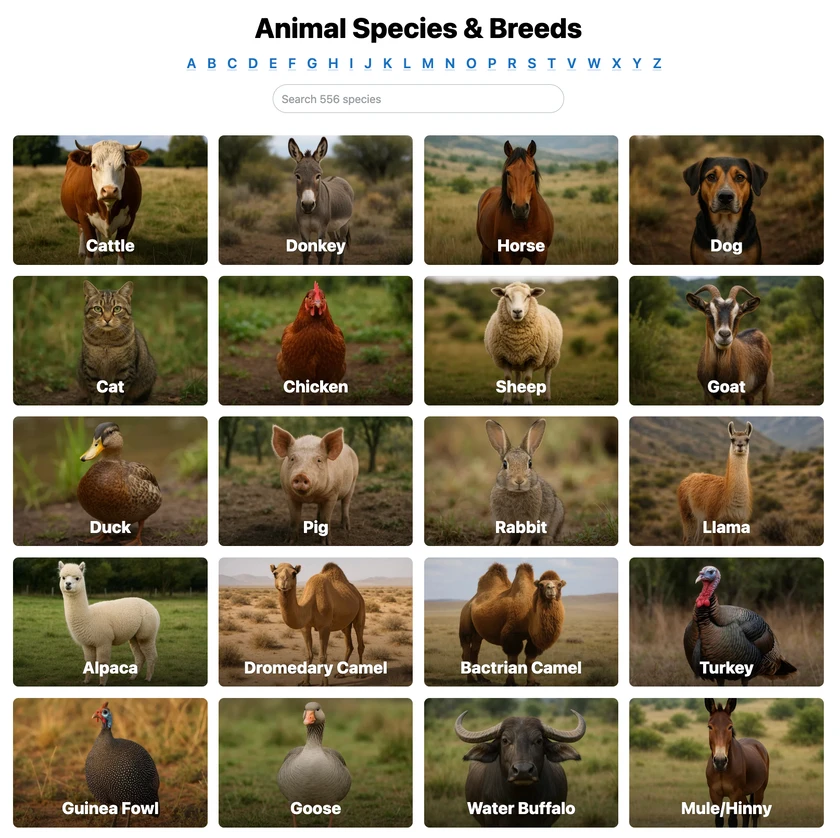 All Species & Breeds
All Species & Breeds
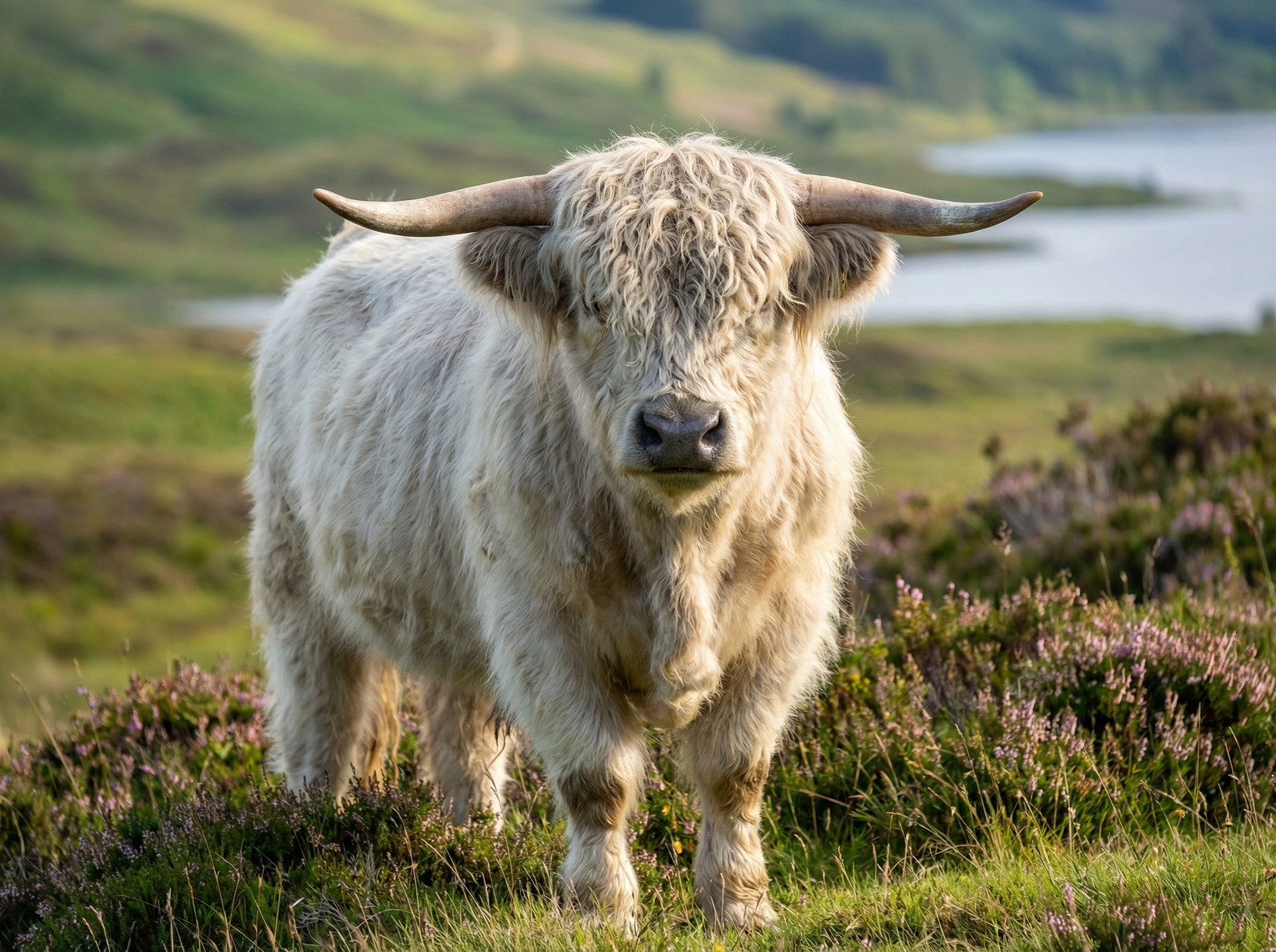 Highland Cattle
Highland Cattle
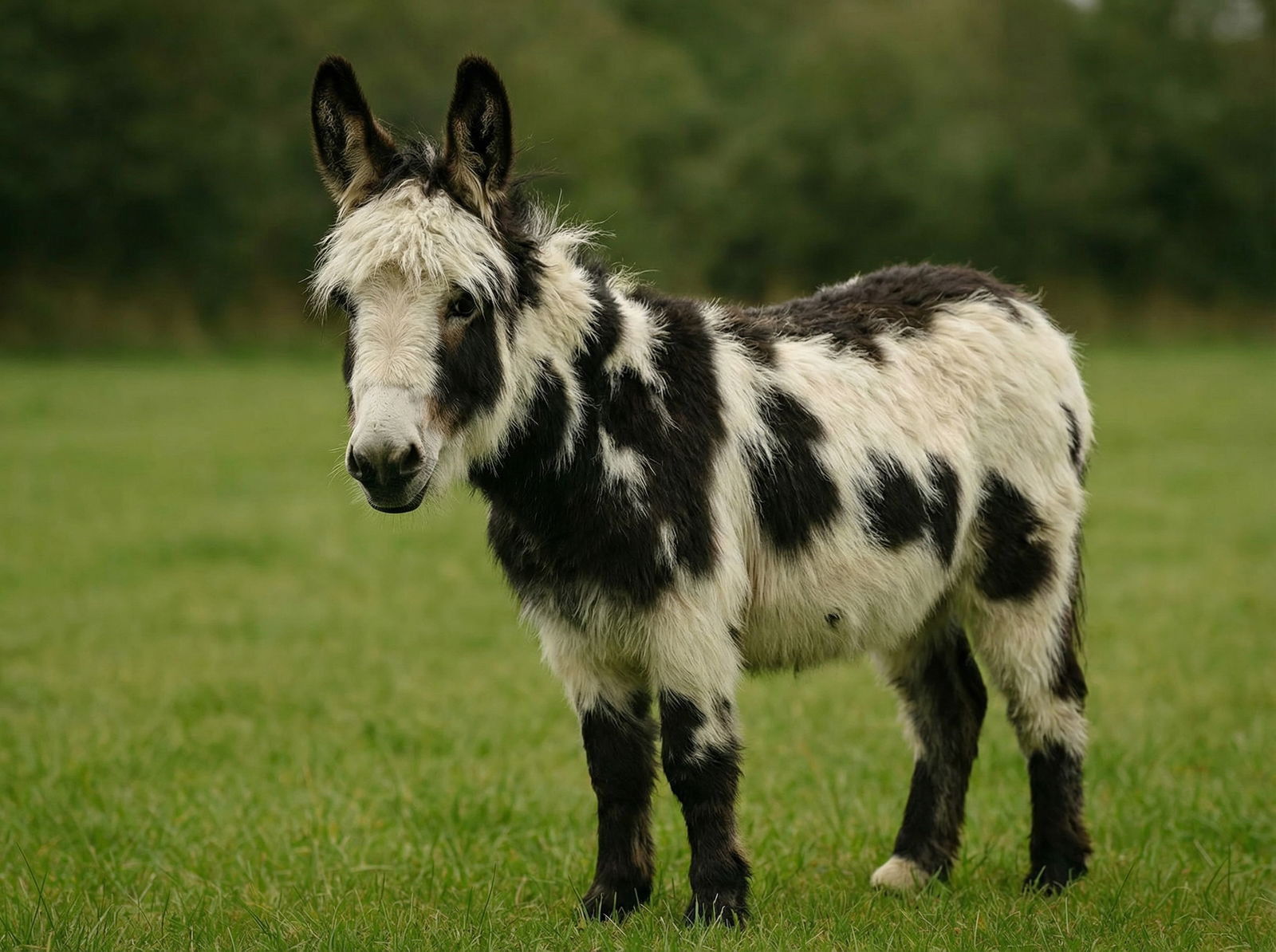 Miniature Donkeys
Miniature Donkeys
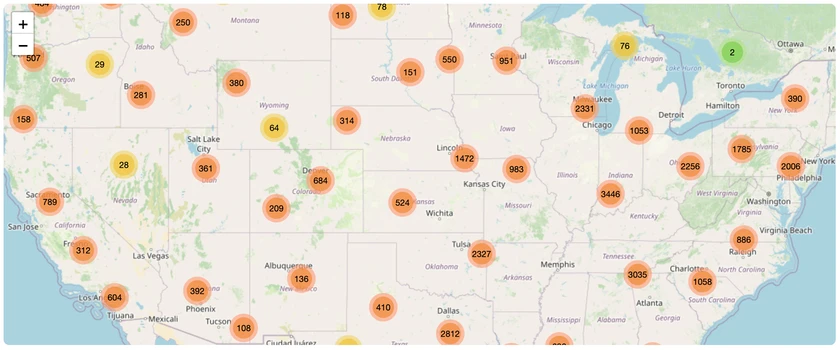 All Species Directory
All Species Directory
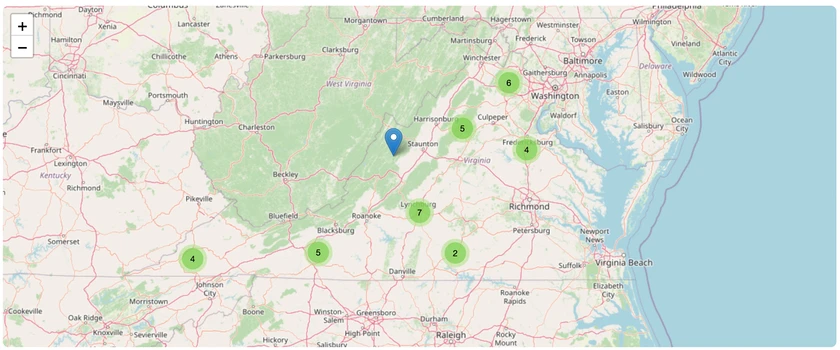 Highland Cattle in Virginia
Highland Cattle in Virginia
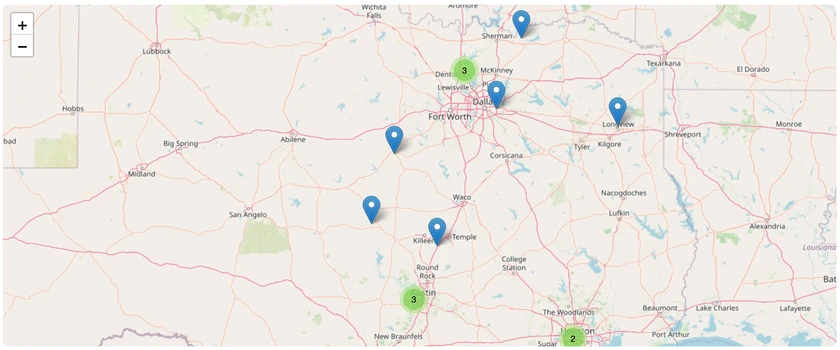 Miniature Donkeys in Texas
Miniature Donkeys in Texas









